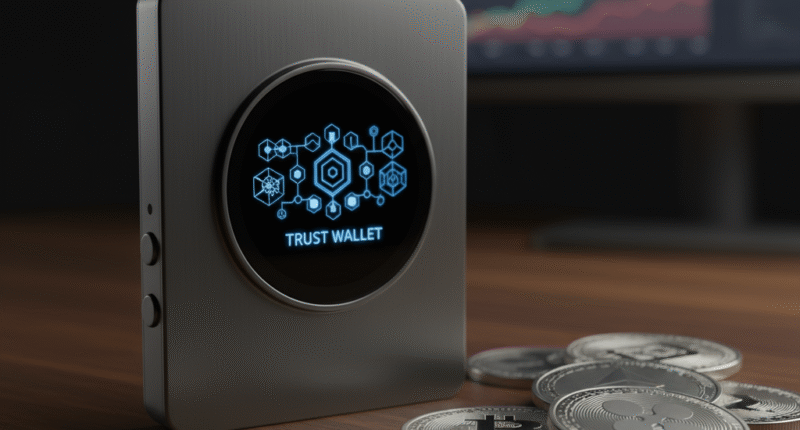How to Secure Your Cryptocurrency Wallet Effectively
Cryptocurrency has transformed the financial landscape, offering individuals more control and freedom over their digital assets. However, with this freedom comes responsibility—the responsibility to secure your cryptocurrency wallet. Since crypto transactions are irreversible, losing access to your wallet or becoming a victim of hacking can mean losing your funds permanently. This guide explains how to protect your crypto wallet effectively.
Why Wallet Security Matters
Unlike traditional banks, cryptocurrencies do not have centralized recovery systems. If your private keys or seed phrases are compromised, there is no way to retrieve lost funds. Hackers often target wallets through phishing, malware, or weak security practices. Therefore, robust security measures are essential for anyone involved in crypto investments.
(Related: Check out our guide on How to Invest in Cryptocurrency: A Beginner’s Guide for more foundational knowledge.)
Types of Cryptocurrency Wallets
1. Hot Wallets
Hot wallets are connected to the internet and include mobile apps, desktop wallets, and exchange wallets. They are convenient but more vulnerable to cyberattacks.
2. Cold Wallets
Cold wallets, such as hardware wallets or paper wallets, are offline storage solutions. They provide maximum protection against hacking, making them the preferred choice for long-term investors.
Best Practices for Securing Your Wallet
Use Strong Passwords and Two-Factor Authentication (2FA)
Always use complex, unique passwords for your wallet accounts. Enable 2FA with authenticator apps rather than SMS to reduce the risk of SIM swap attacks.
Keep Your Private Keys Offline
Never share your private keys or seed phrases online. Store them in a secure offline location such as a hardware wallet or encrypted external drive.
Update Software Regularly
Wallet providers frequently release security updates. Keeping your wallet software and devices updated ensures you have the latest protection against vulnerabilities.
Beware of Phishing Attacks
Scammers often impersonate legitimate platforms to trick users into revealing credentials. Always double-check website URLs and never click suspicious links in emails or messages.
Use Hardware Wallets
For serious investors, hardware wallets such as Ledger or Trezor offer unparalleled security. These devices store your keys offline and require physical confirmation for transactions.
Additional Security Measures
Multi-Signature Wallets
A multi-signature wallet requires multiple private keys to authorize a transaction. This is especially useful for businesses or joint accounts where shared control is necessary.
Backup Your Seed Phrase Securely
Write your recovery phrase on paper or a fireproof metal backup. Store it in a secure, offline location. Avoid digital copies to minimize exposure to hackers.
Consider a VPN for Transactions
Using a trusted VPN adds a layer of privacy when accessing your wallet online, making it harder for attackers to track your activities.
(External resource: Learn more from CoinTelegraph’s Security Guide on wallet protection.)
Final Thoughts
Securing your cryptocurrency wallet requires a mix of technology, vigilance, and discipline. By using cold wallets, enabling 2FA, protecting private keys, and staying alert against phishing, you can significantly reduce your risks. Remember, in the world of crypto, you are your own bank—and your security depends on the steps you take today.









